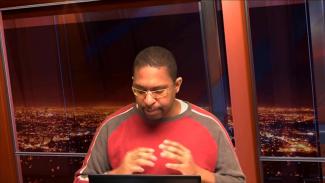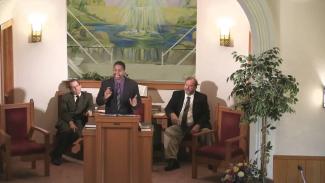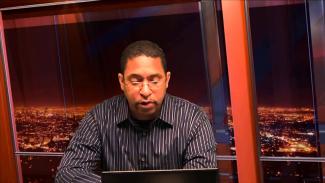This week we start a new series on rebellion and redemption. Why is the world as messed up as it is today? Are the corruption, disease, pollution, and problems we observe part of God's design? What went wrong in the Garden of Eden? Is God to blame for Adam and Eve's mistake? Why did the tree of the knowledge of good and evil exist? Was mankind set up to fail? Why was humanity given power to choose? How does all this tie in with the Great Controversy and with our lives today?












